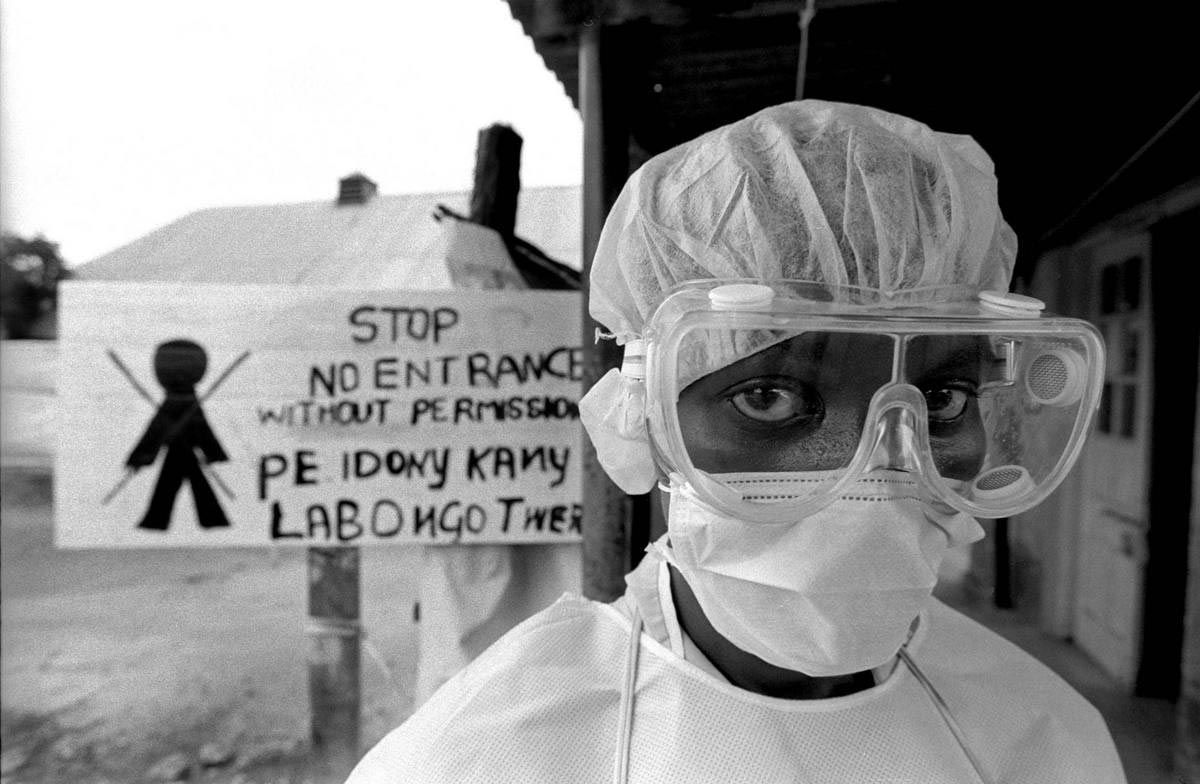(CNN) — Ivory Coast announced Saturday that it’s closing its borders in response to the Ebola outbreak in West Africa.
Prime Minister Daniel Duncan signed the order that closes the land borders Ivory Coast shares with Guinea and Liberia.
The borders will remain closed until further notice in an effort to prevent the Ebola virus from spreading into its territory, according to the government statement.
The announcement comes the same day the British government announced one of its citizens was infected with the deadly virus.
The Briton, who lives in the West African nation of Sierra Leone, tested positive for the Ebola virus, according to Britain’s Department of Health.
The man, simply identified as “William,” was living in a home established by an American university for researchers in Sierra Leone.
“William” was a volunteer nurse in Kenema Government Hospital and was working with Ebola patients in the hospital, according to Dr. Robert Garry of Tulane University. Garry is manager of the university’s program that researches Ebola. The hospital is run by the government of Sierra Leone, but receives support from Tulane researchers.
Garry said that no one else living in the house was “significantly exposed” and “William” is still in Sierra Leone.
According to the Tulane doctor, “William” got sick on Friday and had a low viral load, meaning he wasn’t infected for a long time. Garry added that the British national has a fever but none of the other symptoms of the Ebola virus.
In a statement on the United Kingdom’s government website Saturday, British Chief Deputy Medical Officer John Watson said the overall risk to the public in the UK is very low.
Medical experts are “assessing the situation in Sierra Leone to ensure that appropriate care is provided,” Watson said.
Ebola is one of the world’s most virulent diseases, according to the World Health Organization.
The virus is introduced to human populations through the human handling of infected animals — like fruit bats, gorillas and monkeys, to name a few — found sick or dying in the rainforest.
The infection is then transmitted among humans through direct contact with the blood and bodily fluid of infected people.
WHO’s maps of confirmed cases show the Ebola outbreak is limited to four West African nations — Liberia, Sierra Leone, Guinea and Nigeria. So far, nearly 2,500 suspected cases have been reported in what the WHO says is the worst known outbreak of the disease.
However, the WHO’s website says the survival rate for people with Ebola in this outbreak has been 47%, which is a substantial improvement over the disease’s survival rate, historically.







